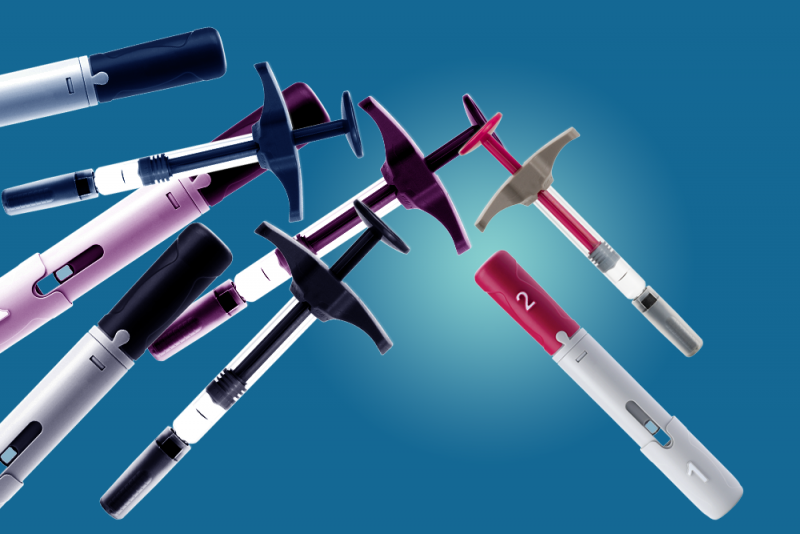Humira has been a blockbuster drug since its approval in 2002. As Humira goes off-patent, biosimilars are now entering the market, offering more affordable treatment options for patients.
What is Humira?
Humira (adalimumab) is a biologic drug developed and marketed by AbbVie for the treatment of several autoimmune diseases such as rheumatoid arthritis, Crohn's disease, psoriasis etc. It is a monoclonal antibody and works by blocking tumor necrosis factor-alpha (TNFα), which is a protein that plays a key role in inflammatory and immune responses. Since its approval in 2002 for rheumatoid arthritis, Humira has become one of the top selling drugs, generating over $20 billion in annual sales for AbbVie. However, Humira's patents are now expiring, opening the door for lower-cost biosimilar versions.
Emergence of Humira Biosimilars
A biosimilar is a biologic medical product that is highly similar to an already approved biologic drug (called reference product). Biosimilars aim to be interchangeable with the reference product, with no clinically meaningful differences in terms of safety and efficacy.
The first Humira Biosimilar, Idacio, was approved by the European Commission in 2017. Since then, many other companies have gained approvals and launched their own Humira biosimilars in international markets including Amjevita by Amgen in 2018, Hulio by Mylan in 2018 and Imraldi by Samsung Bioepis in 2019.
In the US, the first Humira biosimilar, Hyrimoz by Sandoz, was approved by the FDA in September 2022. More Humira biosimilars are expected to enter the US market after AbbVie's main Humira patents expire in 2023. Analysts predict annual Humira sales in the US could fall by over 50% once multiple biosimilars are available.
Impact on Treatment Costs
The emergence of Humira biosimilars is likely to significantly reduce treatment costs for autoimmune diseases. Health insurers and hospitals are expected to save billions of dollars in drug expenditures by switching patients to the more affordable biosimilars.
An analysis by the non-profit IQVIA Institute estimated that the US healthcare system could save $28.5 billion from 2021 to 2026 by transitioning eligible patients to the Humira biosimilars. This translates to over $5,000 per patient in annual cost savings for the insurer.
Individual patients may also see lower out-of-pocket costs, depending on their insurance plans and copay assistance programs. Recent studies show biosimilars offer savings of 15-35% versus their reference products. This could make life-changing monoclonal antibody treatment more accessible for many.
Challenges of Biosimilar Uptake
While the potential for cost savings is enormous, translating this potential into reality has proven challenging. Manufacturers of biosimilars face significant barriers to market penetration amid tactics employed by originator companies to discourage or delay uptake.
For example, AbbVie has engaged in "patent thicketing" or obtaining numerous secondary patents related to Humira's formulation, manufacturing process etc. to extend its monopoly beyond the core compound patents. They also offer rebates and exclusivity deals to insurers to maintain Humira's market share.
Switching stable patients between biologics also raises safety concerns, despite rigorous regulatory approval of biosimilars. Physicians and patients can be hesitant without long-term safety and efficacy data for each individual. Market education is critical to overcoming these barriers and facilitating the widespread adoption of affordable biosimilars.
With more biosimilars approved and exclusivity deals expiring, market dynamics are expected to change rapidly, fueled by the entry of highly interchangeable "biosimilar" products that can automatically substitute for Humira at the pharmacy counter.
If the biosimilar uptake challenges are overcome, experts anticipate that average drug costs for Humira could potentially be reduced to 30-50% of current rates within the decade, improving access to treatment for millions of patients worldwide. However, AbbVie will likely employ all legal strategies to maintain Humira profits before the next generation of biologics arises.
Get More Insights on Humira Bisimilar
